© 2019, LITAO. All rights reserved. labas@litao.lt

Our client*, the biggest surimi manufacturer in Europe and among the top five in the world (producing 160,000 tons of food products each year), wanted to globalize even further. But China itself is the world’s largest (and cheap!) producer of surimi and other fish products, so how could we differentiate their product in such an oversupplied and highly deregulated market with strict import rules?


*We cannot disclose company names here,
but please ask us if you wish for more details.
After extensive market research and mystery visits to all key foreign grocery retailers in Shanghai to determine best-performing SKUs, our most prominent strategy was to go the route of premiumization. After all, the company could not hope to compete with Chinese brands on pricing. And data on China predicted increased consumer awareness of food quality as well as a decline in meat consumption—an opportunity for seafood. Yet we found that this was only if seafood was presented as high-quality protein with a story behind it; premium brands have company narratives while mass-market ones don’t. To create our company story, we learned the origins of the fish in Lithuania and researched specifications from top certifying bodies such as the Marine Stewardship Council to find what most concerned consumers about quality. We also researched factors from packaging convenience to location for our target market, modern urban premium consumers.

Our client in Europe sold their surimi products for the mass market, but we scaled it to premium in China through a localized brand, name, logo, product descriptions, and other elements of company presentation. The company successfully attracted premium distributors specializing in eco-friendly and healthful products, and hired us as their official agent in Greater China. We also created and told for the first time their authentic Lithuania-to-China story, emphasizing being wild-caught, eco-friendly and omega-3-rich- similar specifications to MSC-certified fish.